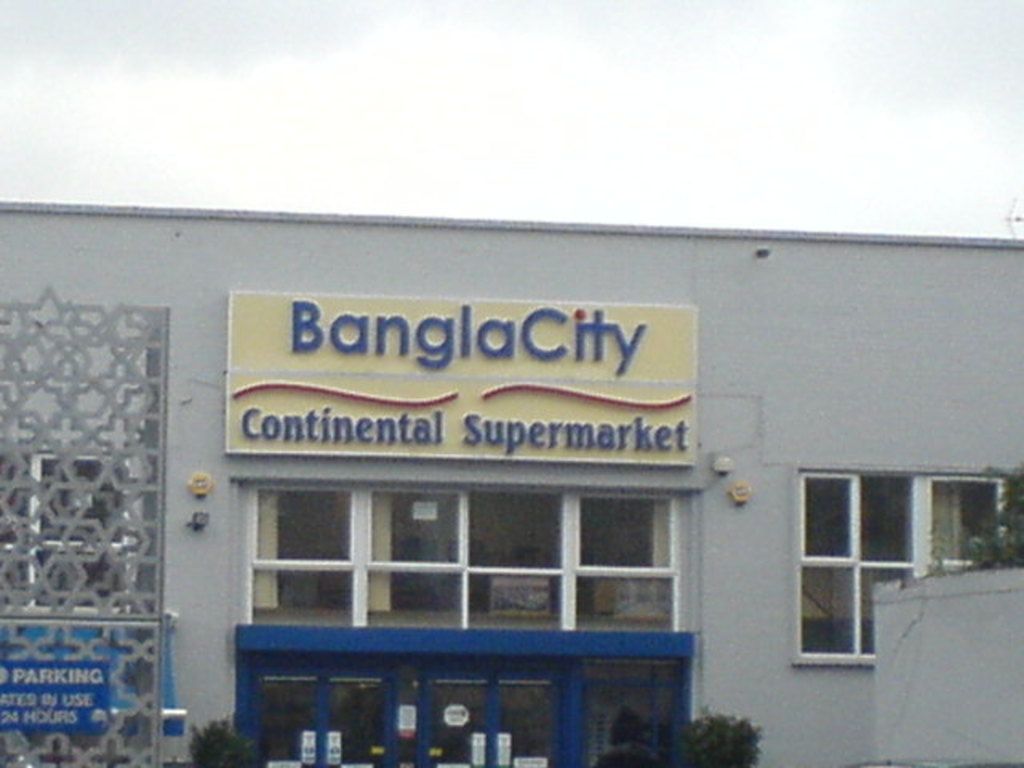Extend your stay, deepen your knowledge: Jeju's governor promotes island's eco-initiatives for visitors to embrace
Interview with Jeju Governor Oh Young-hun
Jeju Governor Oh Young-hun recently sat down with our team for a chat at the International Convention Center Jeju. Here's what he had to say about the island's environmental initiatives and plans for the future.
Jeju's Green Endeavors
Jeju Island, a UNESCO World Heritage Site, is not only known for its stunning views but also for its commitment to environmental protection. President Lee Jae-myung's administration has chosen Jeju as a specialized zone for distributed energy, focusing on renewable energy sources.
One area gaining traction under the Lee administration is the development of learncation programs, designed to merge education with eco-friendly practices. The island aims to achieve specific goals through these learncation initiatives, but we'll dive into those later.
The Power of Plastic Reduction
First, let's discuss plastic pollution, a significant challenge for Jeju. The island deals with plastic waste from production to recycling using a circular economy model known as the Jeju-style Resource Circulation System. Infrastructural improvements, including waste depots and the Jeju Resources Circulation Centre, are helping in managing the waste.
Subsidies for reusable containers at local events and festivals, as well as discounts offered at cafes and restaurants for customers using reusable tumblers, further encourage reducing plastic consumption. Bottle washing machines installed in public buildings allow for reuse rather than disposal.
Jeju Island is also collaborating with organizations like the Korea Environment Corporation, UNDP Seoul Policy Centre, and UNOSD to tackle plastic pollution and promote a circular economy. Traditional sea divers, or Haenyeos, even participate in manually removing plastics from the ocean.
Renewable Energy and Carbon Neutrality
Jeju Island aims to reach carbon neutrality by 2035, with the goal of powering 70% of the island with renewable energy. This is part of a larger effort to combat climate change and protect the environment.
In addition to managing waste and embracing renewable energy, Jeju Island has a vision for the future: to create unique learncation programs that blend education with eco-friendly practices. By incorporating these experiences into the curriculum, students can learn valuable lessons while contributing to the conservation of Jeju's natural beauty.
To create such innovative learncation programs, the island can leverage its abundant natural resources, unique cultural heritage, and diverse ecosystems. This blending of education, conservation, and cultural preservation offers a promising future for both Jeju Island and its visitors.
- Governor Oh Young-hun discusses Jeju Island's eco-friendly initiatives, emphasizing its status as a UNESCO World Heritage Site and its focus on renewable energy under President Lee Jae-myung's administration.
- The interview highlights the promotion of learncation programs, an effort to merge education with eco-friendly practices, aimed at achieving specific goals for the island's future.
- Jeju Island tackles plastic pollution using a circular economy model, implementing infrastructure improvements and incentives to reduce plastic consumption.
- Collaborations with organizations like the Korea Environment Corporation, UNDP Seoul Policy Centre, and UNOSD, and the involvement of traditional sea divers, or Haenyeos, are significant components of Jeju's plastic pollution solution.
- Jeju aims to achieve carbon neutrality by 2035, aiming to power 70% of the island with renewable energy, adding to global efforts in combating climate change.
- Jeju Island plans to create unique learncation programs that blend education with eco-friendly practices, utilizing its natural resources, cultural heritage, and diverse ecosystems for an innovative and environmentally-conscious educational approach.




